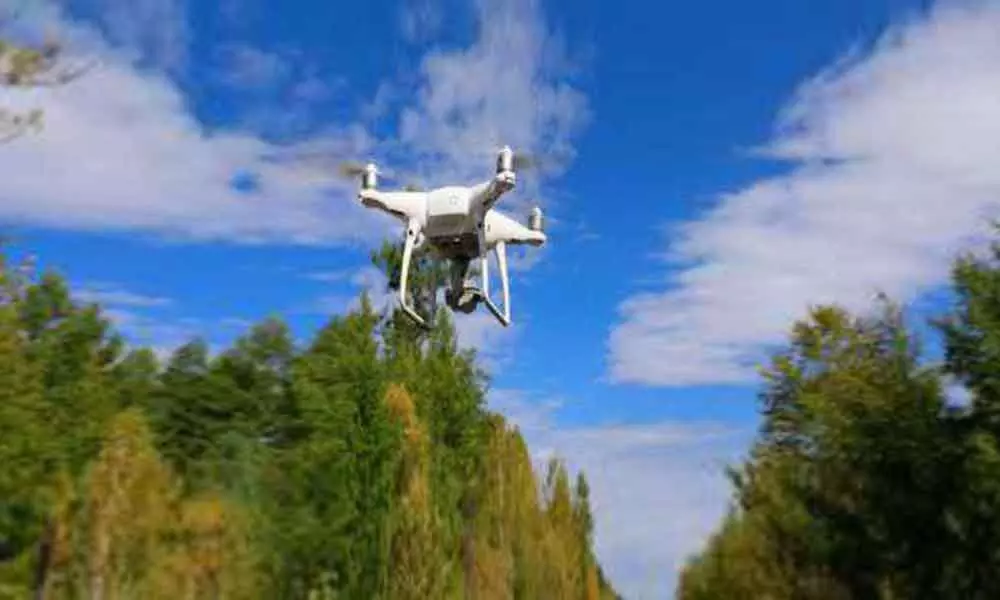Artificial Intelligence can predict where lightning will strike 30 minutes in advance

Scientists on Friday said they have developed a simple and inexpensive artificial intelligence (AI) system that can predict when lightning will strike any place within a 30-kilometer radius, up to 30 minutes in advance.
Scientists on Friday said they have developed a simple and inexpensive artificial intelligence (AI) system that can predict when lightning will strike any place within a 30-kilometer radius, up to 30 minutes in advance.
Lightning - one of the most unpredictable phenomena in nature - regularly kills people and animals and sets fire to homes and forests. It keeps aircraft grounded and damages power lines, wind turbines and solar panel installations.
However, little is known about what triggers lightning, and there is no simple technology for predicting when and where lightning will strike the ground, noted the researchers from Ecole Polytechnique Federale de Lausanne in Switzerland. The new system, described in the journal Climate and Atmospheric Science, uses a combination of standard meteorological data and artificial intelligence.
"Current systems are slow and very complex, and they require expensive external data acquired by radar or satellite," said Amirhossein Mostajabi, the PhD student who developed the technique. "Our method uses data that can be obtained from any weather station. That means we can cover remote regions that are out of radar and satellite range and where communication networks are unavailable," Mostajabi said in a statement. Since the data can be acquired easily and in real time, predictions can be made very quickly - and alerts can be issued even before a storm has formed, the researchers said.
The new method uses a machine-learning algorithm that has been trained to recognise conditions that lead to lightning. The researchers used data collected over a ten-year period from 12 Swiss weather stations, located in both urban and mountainous areas. The results for the 12 locations revealed that "the machine learning model was able to warn with a reasonable accuracy of future lightning activity up to 30 minutes in advance and in an area of 30 kilometres around the observation point," the researchers wrote in the journal.
Four parameters were taken into account: atmospheric pressure, air temperature, relative humidity and wind speed. The researchers correlated the parameters with recordings from lightning detection and location systems. Using that method, the algorithm was able to learn the conditions under which lightning occurs. Once trained, the system made predictions that proved correct almost 80 per cent of the time, the researchers said. This is the first time that a system based on simple meteorological data has been able to predict lightning strikes through real-time calculations, they said.








